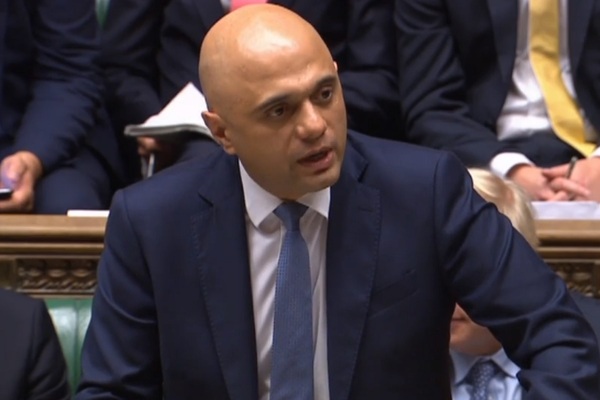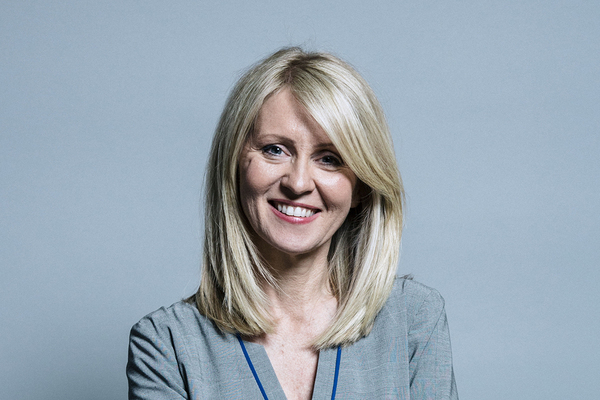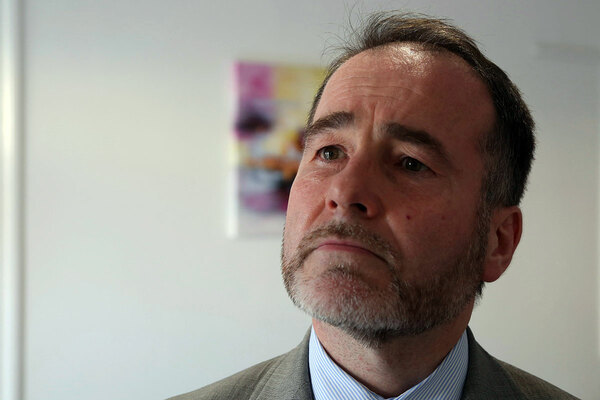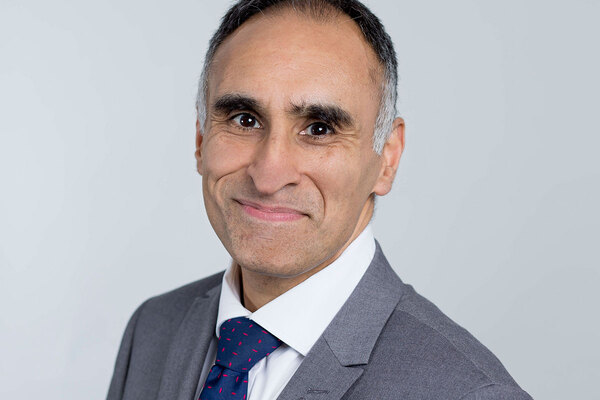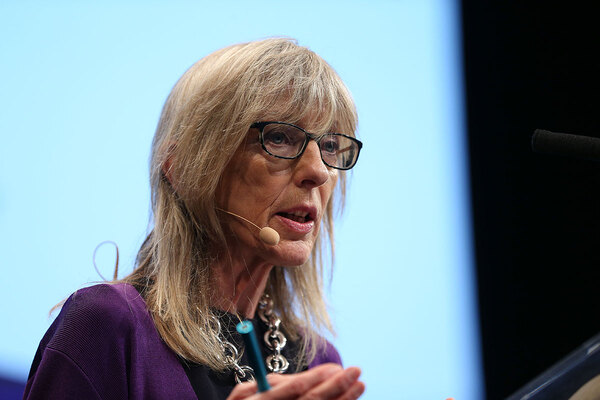You are viewing 1 of your 1 free articles
Why the departure of Javid, not McVey, is the biggest reshuffle story for housing
The familiar sight of a housing minister departing the government has raised weary groans from sector figures. But today’s changes are worse news than usual, writes Peter Apps
The housing sector has become mighty familiar with reshuffles in recent years. The revolving door of housing ministers has become so extreme that it is in danger of becoming a political cliché.
The door is actually spinning faster. For those who are counting, the forthcoming replacement will be the 19th housing minister since 1997, the 10th since 2010 and the 5th since 2017. Of the last few (Alok Sharma, Dominic Raab, Kit Malthouse and Esther McVey), only one (Kit Malthouse) made it to their one-year anniversary.
The sector has been issuing warnings about a lack of consistency for at least the last five reshuffles. These warnings are now starting to sound weary. They are certainly falling on deaf ears.
The question is: does it matter? On the one hand, yes – as there is barely time for lobbyists to get in the door and lay out their wares before the incumbent moves on.
At least one of the above names still had introductory meetings in their diary when they were reshuffled. It seems obvious that this is a loss to the sector. It needs an advocate in government who understands it. It also needs someone genuinely influential who feels that their political future turns on getting housing right.
But perhaps it is less important than it is sometimes made out to be. Housing ministers are not particularly influential. The role is usually filled by a politician on the way up (Mr Sharma and Gavin Barwell), on the way down (Ms McVey) or simply a small timer who is in there because a role needed filling (most of the rest).
Ministers may use their time to put their stamp on the role with a couple of flagship policies, but there is a case that not giving them time to see this through is actually a blessing in many cases.
However, with Ms McVey there is an argument that there is something bigger going on here.
A month ago the papers were full of reports of a spat between her and her boss, Robert Jenrick. The reports – which appeared to have been briefed by Ms McVey’s team – said the root of the problem was that she wanted to place more of an emphasis on social housing while Mr Jenrick was interested in homeownership. If this is true, then her sacking is yet more evidence of where Number 10’s priorities lie.
The bigger story for the housing sector, though, is the resignation of chancellor Sajid Javid. With less than a month until a Budget that has enormous consequences for the housing sector, Mr Javid was viewed in some quarters as a potential ally.
As a former communities secretary, he made housing a major priority – particularly through a Housing White Paper in 2017 which, at very least, made a clear acknowledgement of the scale of the problem. He also publicly pushed the Treasury for serious investment in housing.
The last two chancellors – George Osborne and Philip Hammond – had strong views about social housing which acted as a brake on the government’s appetite for investment in the sector. It had been hoped that Mr Javid represented a change.
This voice could have been important. With Boris Johnson’s focus apparently on home ownership, an independent voice in the Treasury pushing for a more balanced housing policy looked like a vital makeweight in ensuring the new regime did not pivot back to the worst elements of David Cameron’s total home ownership approach.
But the appointment of Rishi Sunak and the combination of advisors across Number 10 and Number 11 suggests there will be little space for a plurality of views. The prime minister has just appointed a former head of housing at Policy Exchange to advise on housing. For those who know their recent history, the omens are not good.
This comes at a time when the sector’s investment needs – for new build social housing, retrofit and building safety – are higher than they’ve ever been. Lobbyists had been working on building this case to the Treasury ahead of 11 March. Now they must build it again – and fast. They may have lost the most powerful politician likely to listen.
Peter Apps, deputy editor, Inside Housing
